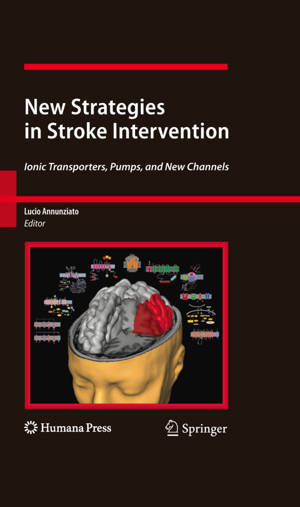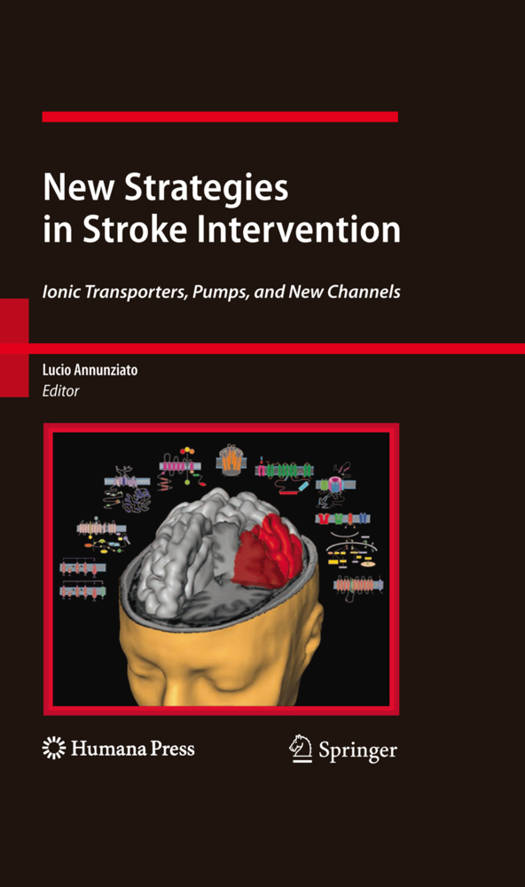
- Retrait gratuit dans votre magasin Club
- 7.000.000 titres dans notre catalogue
- Payer en toute sécurité
- Toujours un magasin près de chez vous
- Retrait gratuit dans votre magasin Club
- 7.000.000 titres dans notre catalogue
- Payer en toute sécurité
- Toujours un magasin près de chez vous
New Strategies in Stroke Intervention
Ionic Transporters, Pumps, and New Channels
Description
Ischemic brain damage represents a major source of morbidity and mortality in westernized society and poses a significant financial burden on the health care system. To date, few effective therapies have been realized. Recent evidence, however, suggests that channels, pumps, and ionic exchangers are involved in CNS ischemia and ischemic stroke, but the potential contribution of these channels for curing stroke is far less understood than for many other normal and pathological conditions. New Strategies in Stroke Intervention: Ionic Channels, Pumps, and Transporters, analyzes the roles played by targets in stroke development and the potential action of drugs modulating these proteins. This book provides a groundbreaking review of these ionic channels, pumps, and transporters as regulators of neuronal ionic homeostasis, providing a better understanding of ischemic brain disorders and the new pharmacological avenues for a cure.
Spécifications
Parties prenantes
- Editeur:
Contenu
- Nombre de pages :
- 254
- Langue:
- Anglais
- Collection :
Caractéristiques
- EAN:
- 9781607612797
- Date de parution :
- 18-11-09
- Format:
- Livre relié
- Format numérique:
- Ongenaaid / garenloos gebonden
- Dimensions :
- 155 mm x 234 mm
- Poids :
- 521 g






